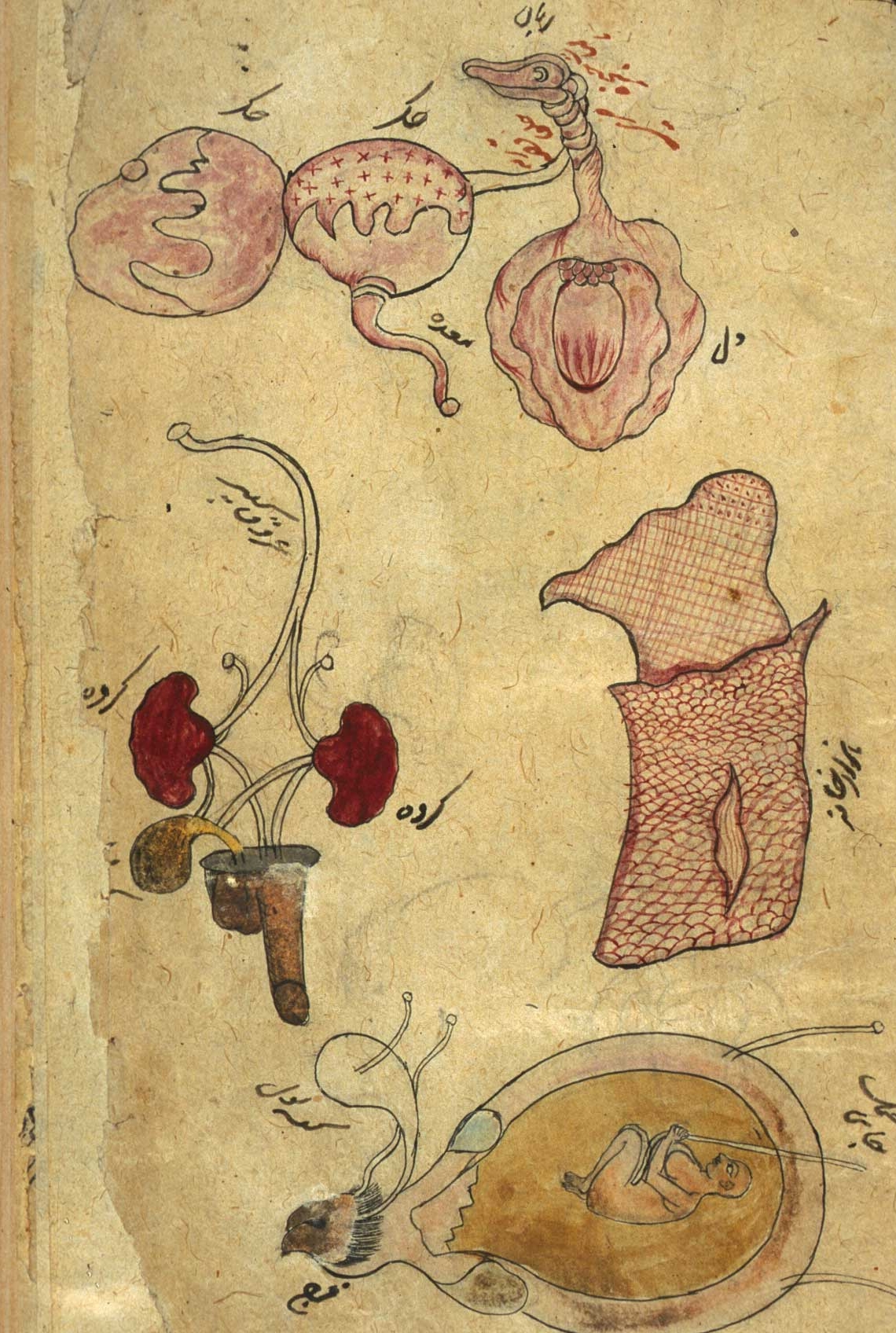On Thursday, April 4th, Science Center 469 from 6 pm, Natalie Koehle (Harvard, EALC), will give a talk titled “The Formation of Phlegm in Early Chinese Medicine, and its Connection with Āyurvedic and Chinese Notions of Digestion” [see abstract below].
As usual, there will be food and drinks, and the talk will start at about 6,15/6,20 – please RSVP to savoia@fas.harvard.edu
Abstract:
When one peruses medical case histories from the Qing dynasty (1644-1911), one sees constant references to phlegm (tan 痰) as both cause and consequence of disease. Phlegm, that is, figures as a central, indispensable concept in the Chinese imagination of the body and its pathologies. Curiously, however, when one goes back to the Huangdi neijing (ca. 1st cent. BC), the earliest and foundational classic of Chinese medicine, phlegm does not appear at all. The question of the origin of phlegm has long puzzled scholars of Chinese medicine, but to date no convincing answer could be found. Phlegm did appear in China around the same time as Buddhism, where it plays a major role in physiology and pathology. This concurrence suggests Indic influences in the formation of the concept, especially since Chinese medicine is often portrayed as lacking the conception of substantive pathogens of Indo-European medical traditions. This argument is complicated, however, because phlegm appeared slightly earlier in medicine than in the Buddhist translations, and because of the role of the (indigenous) body fluid, “yin飲.” A closer look at yin reveals that it functioned just like a pathogen, and that it may well serve as a possible candidate for an early concept of phlegm. In this paper, I take a fresh look at the formation of the concept of phlegm in early Chinese medicine, and at its possible Indic connections. I suggest that the answer to the question of the origin of phlegm lies in conceptions of digestive and “metabolic” substance transformation in the two medical traditions. I then propose a study of phlegm and other humors in Chinese medicine as a supplement to current scholarship that is mainly preoccupied with its energetic aspects.

